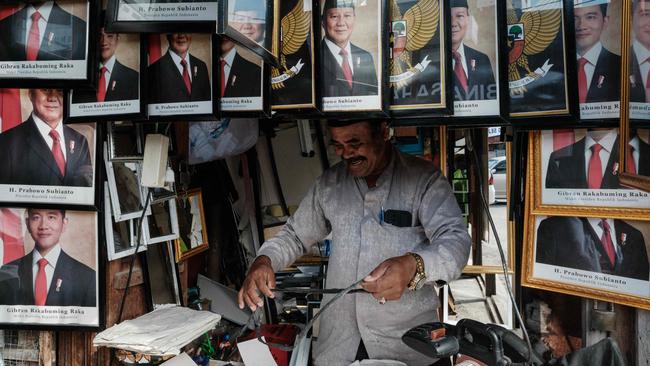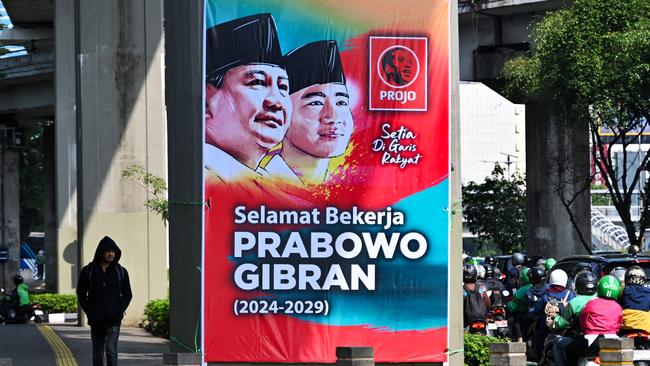‘Win for democracy’ in Indonesia
A surprise ruling by Indonesia’s Constitutional Court to remove the threshold for presidential nomination is being hailed as a win for democracy.

A surprise ruling by Indonesia’s Constitutional Court to remove the threshold for presidential nomination is being hailed as a win for democracy in the country that has progressively limited numbers of candidates.
The court, which has rejected and overturned more than 30 similar petitions in the past two decades, finally changed its position on Thursday by declaring unconstitutional the rule that political parties must have at least 20 per cent of seats in parliament or 25 per cent of popular votes to be able to nominate a presidential candidate.
The panel of judges said it agreed with the petitioners that the threshold was discriminatory to small parties and made the elections less competitive. Indonesia held only its fifth direct presidential election last year with three candidate pairs, which was ultimately won by Prabowo Subianto and Gibran Rakabuming Raka.
The judges argued that it was apparent from previous presidential elections that voters were given limited options because political parties tend to only aim for only two pairs of candidates, which eventually causes polarisation and division in society.

Such a trend may lead to a possibility of a presidential election with a single candidate pair, which has already happened at the local level.
Titi Anggraini from the Association for Elections and Democracy (Perludem) watchdog said Thursday’s decision was a victory for all Indonesians.
“All political parties participating in the election benefit from equal access to presidential nominations,” she said after the ruling.
“Voters get a greater diversity of political choices through a more inclusive election process. Indonesian children now have more courage to dream of becoming president or vice president because that access is now more open to realization.”
Co-ordinating Minister for Law, Human Rights, Immigration, and Corrections Yusril Ihza Mahendra said while the government was surprised with the court’s shifted stance, it would work on implementing it with the House of Representatives.
While the ruling was a victory for the people, there was still a possibility that the government and parliament made a revision that may not completely reflect the spirit of the ruling, said Dominique Nicky Fahrizal, a political science researcher from Jakarta-based Centre for Strategic and International Studies.
He pointed to the political move in August when the House of Representatives attempted to circumvent court ruling that would have allowed smaller parties to nominate gubernatorial and mayoral candidates, which was met with major public outcry and protests. The house backed down at the last minute.
“The government and parliament often have different interpretations from the Constitutional Court, and what the public must do is remind them that while they’re allowed to interpret the law, they must do so in a way that aligns with the constitutional principles,” he said.



To join the conversation, please log in. Don't have an account? Register
Join the conversation, you are commenting as Logout